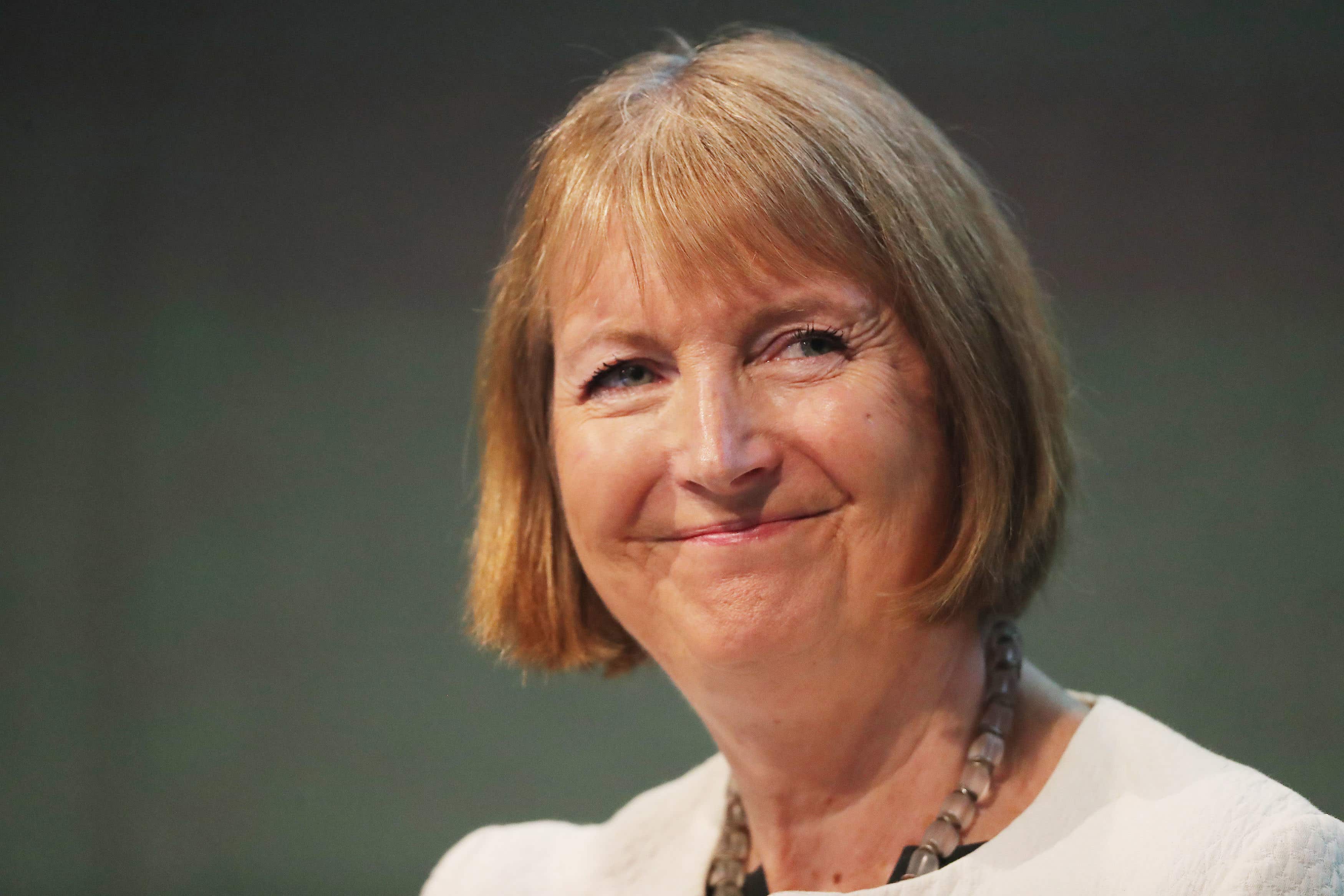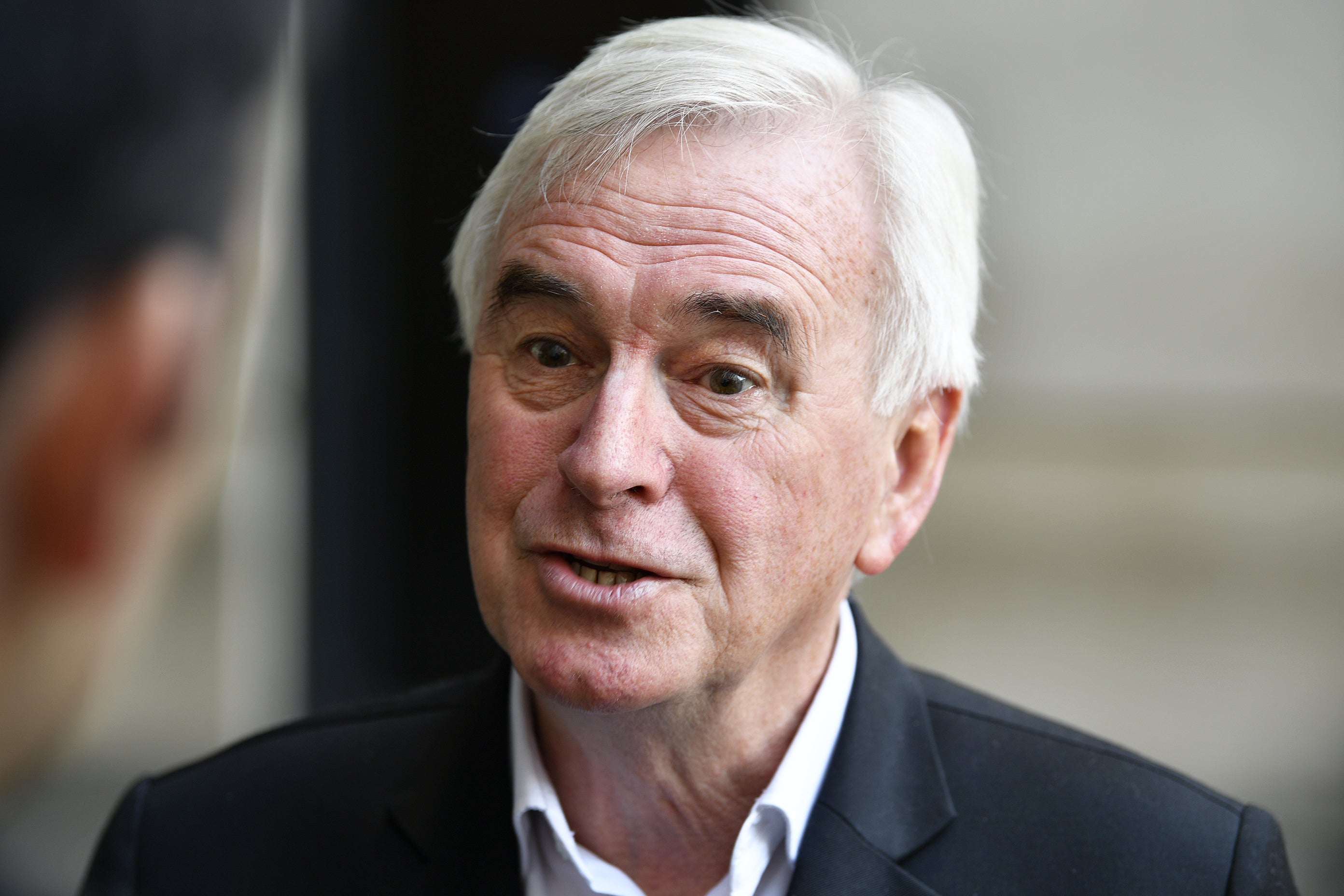King Charles has acknowledged the “pains of the past” in an attempt to smooth over the ongoing row about reparations for Britain’s role in the slave trade.
Speaking on the first full day of the Commonwealth Heads of Government Meeting (Chogm) in Samoa, the King called for “ways to right enduring inequalities” but avoided taking sides in the diplomatic dispute between Sir Keir Starmer and Caribbean leaders calling for compensation.
He said: “I understand from listening to people across the Commonwealth how the most painful aspects of our past continue to resonate. It is vital therefore that we understand our history to guide us to make the right choices in the future … None of us can change the past, but we can commit with all our hearts to learning its lessons and to finding creative ways to right inequalities that endure.”
His intervention came after Sir Keir rejected calls for reparations – a position that has put him at odds with key figures within his own party.
Speaking at the opening of the summit, the prime minister said he wanted to be “looking forward, not back,” adding: “The UK believes the most effective way to maintain a spirit of respect and dignity is by working together to make sure the future is not in the shadow of the past, but is illuminated by it.”
But Labour grandee Harriet Harman warned the prime minister’s strategy would fail. “[Starmer] needs to be in this conversation rather than be ruling it out,” she said.
As a series of Labour MPs called on the government to discuss reparations, chancellor Rachel Reeves was asked on a trip to Washington if Britain could afford to pay them. She replied: “No”.
Sir Keir is expected to be pressed on the issue personally while in Samoa, after the prime minister of the Bahamas Philip Davis said he wanted a “frank talk” with the PM on the issue, while Fred Mitchell, his country’s foreign affairs minister, said it was “only a matter of time” before the Labour leader changed his position.
At the summit, Sir Keir said that this generation should have a conversation about the history of slavery but said that the UK should be “forward looking” in its stance on reparations.
He told the BBC: “We should look at what are today’s challenges in this group of countries represented here today.

“And in the discussions I’ve already had before I came here, and since I’ve been here, it’s very clear to me that the major challenges are resilience in the face of climate challenges and also the question of how we improve trade between our countries.”

Asked if he thinks this generation can be held responsible for the actions of their forebears, Sir Keir told the BBC: “I think our generation can say the slave trade and practice was abhorrent, and we should, you know, we talk about our history. We can’t change our history, but we should certainly talk about our history.”
Whitehall sources admit a “reference” to the issue could be forced into the official summit communique at the end of the meeting.
Former Labour minister Dawn Butler said the UK should consider reparations for those who were enslaved because it was “the right thing to do” adding the issue “was not just about money”.
“We could give back artefacts, we can give back the bodies of freedom fighters, stolen jewels and precious metals wherever they may be, make good the land and seas ruined by oil spills, correct the education of history, compensate land for homeowners, cancel the debt,” she said.
Former shadow minister and Labour MP Marsha de Cordova also called on Sir Keir to consider the idea. She said: “Whilst we absolutely look to the future, it’s so important that we do open and have that discussion about reparations.”

And ex-shadow chancellor John McDonnell, currently suspended from the party after he voted against the government to scrap the two-child benefit cap, told The Independent: “The argument Keir Starmer is putting forward is that the Commonwealth should focus on the present and future fails to understand that addressing the past is not a distraction but is essential to dealing with the future.“
“To have a Labour prime minister and foreign secretary simply repeating the policy of the Conservatives virtually word for word is extremely disappointing.”
No 10 denied it would offer any form of reparation, including an apology, with a source saying: “It is not on the agenda and not something we are taking forward. We are focused on the future”.
It came after The Guardian newspaper reported the UK could support some forms, such as providing debt relief or restructuring financial institutions. The prime minister’s official deputy spokesperson said: “Our position on reparations is clear and remains unchanged, they are not on the agenda at the summit or in any sessions. And the PM was clear we should be facing forwards and looking at how we can work with the Commonwealth on current shared challenges.”
On Tuesday, Labour MP Bell Ribeiro-Addy warned the “Commonwealth will crumble” if the government does not reopen talks.
She said “an apology is absolutely free”, dismissing attempts to focus on the “here and now” rather than unpick wrongs of the past.
Recently resurfaced footage shows foreign secretary David Lammy, who is also in Samoa, calling for reparations while he was a backbench MP, in the wake of the Windrush scandal.
In 2018, in reference to the scandal, he tweeted: “As Caribbean people enslaved, colonised and invited to Britain as citizens we remember our history. We don’t just want an apology, we want reparations and compensation.”







